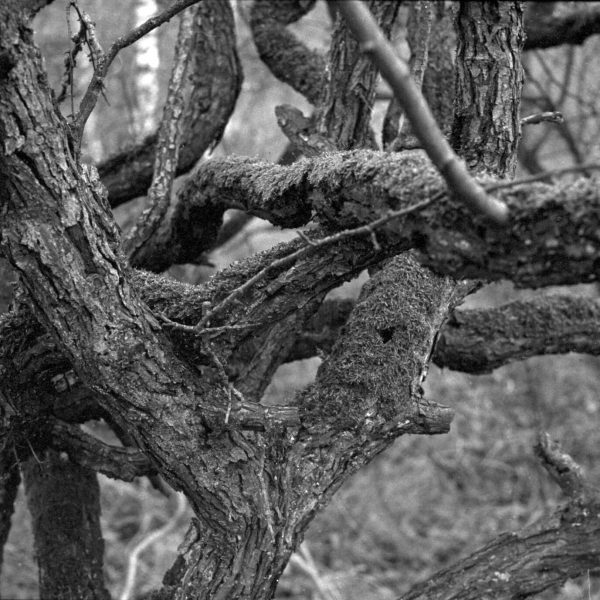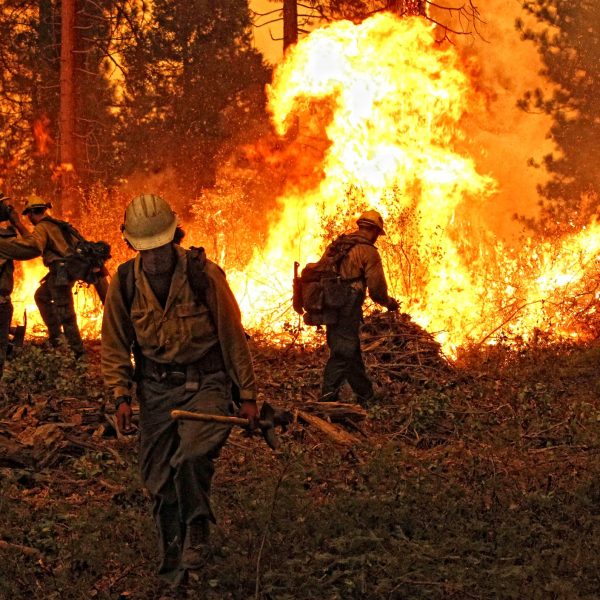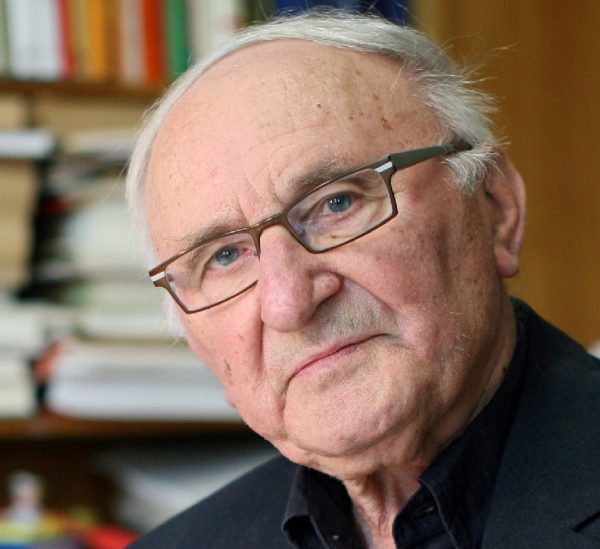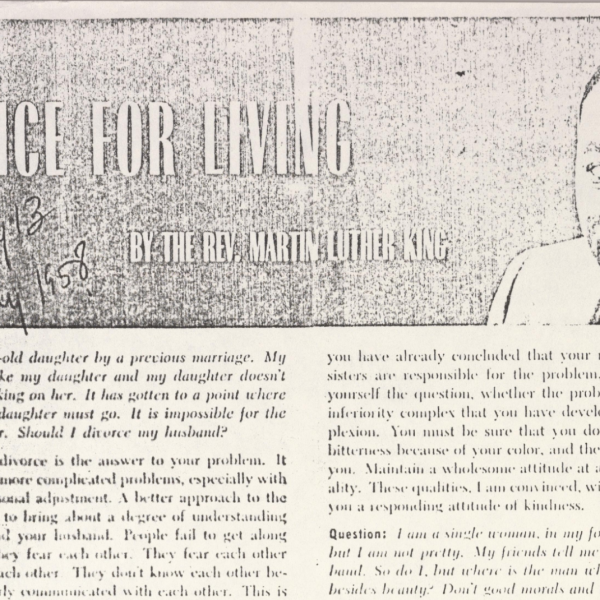
Rather than understanding political theology as a single school of thought, I seek to define political theology as a more inclusive category by looking at the rich historical resources within each of the Abrahamic religions that help each tradition unpack the complex relationship between the political and theological spheres
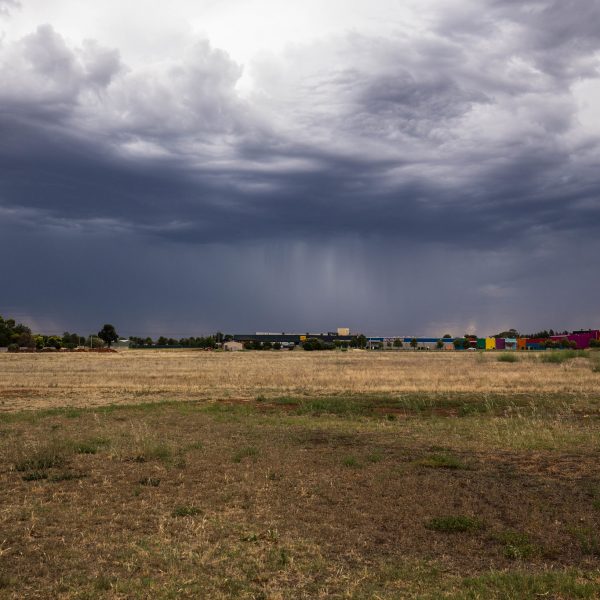
I cannot say that I hope for more discussions of political theology in 20 years. But I do hope for the endurance of conversation, indeed, for the preservation of the art and wisdom of conversation.
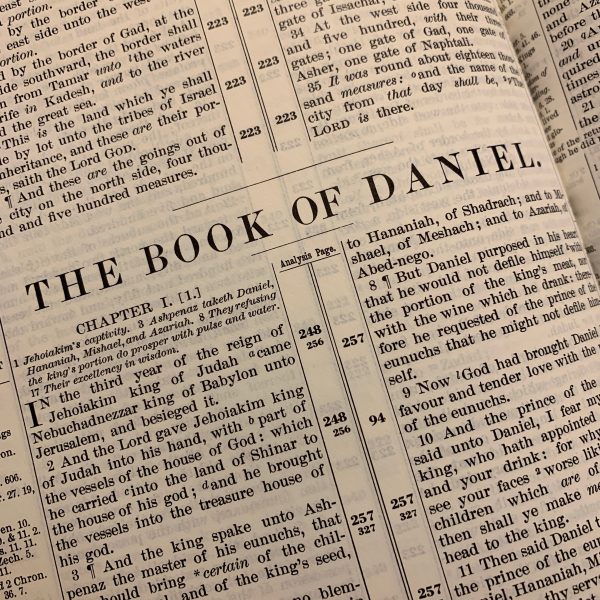
The narrow formulation of the concept of Political Theology as the tracing of Protestant theological categories in contemporary political thought presents some challenge for the historically oriented biblical scholar.
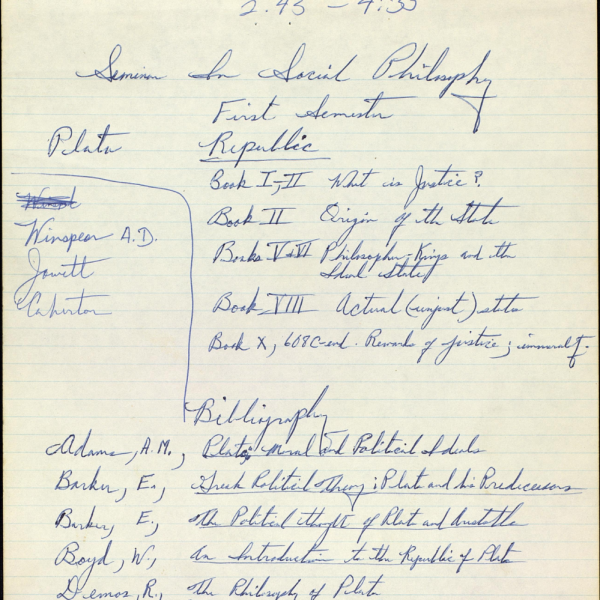
The ironclad certainty with which accounts of King’s life, thought, and action are given itself evinces a misunderstanding of the questions that animated that life, thought, and action.
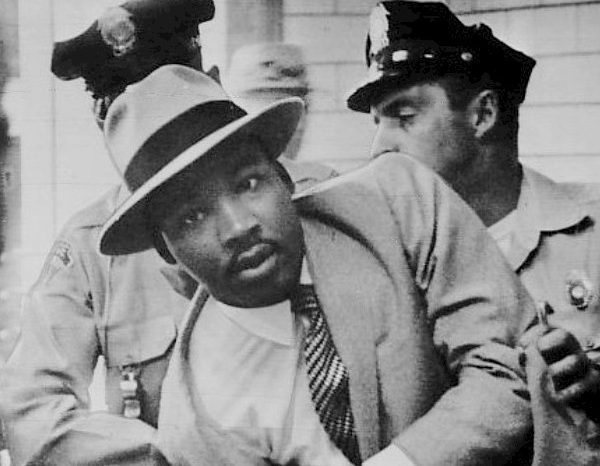
It is our critical memory that prompts us to ethical reflection on the anniversary of a grave injustice.
